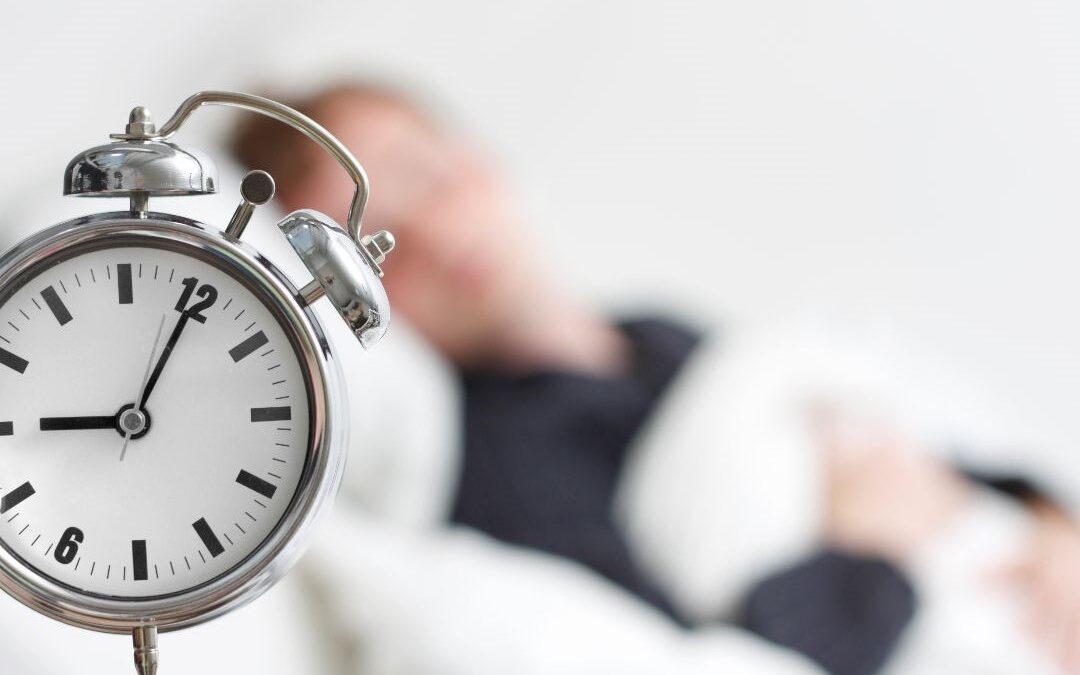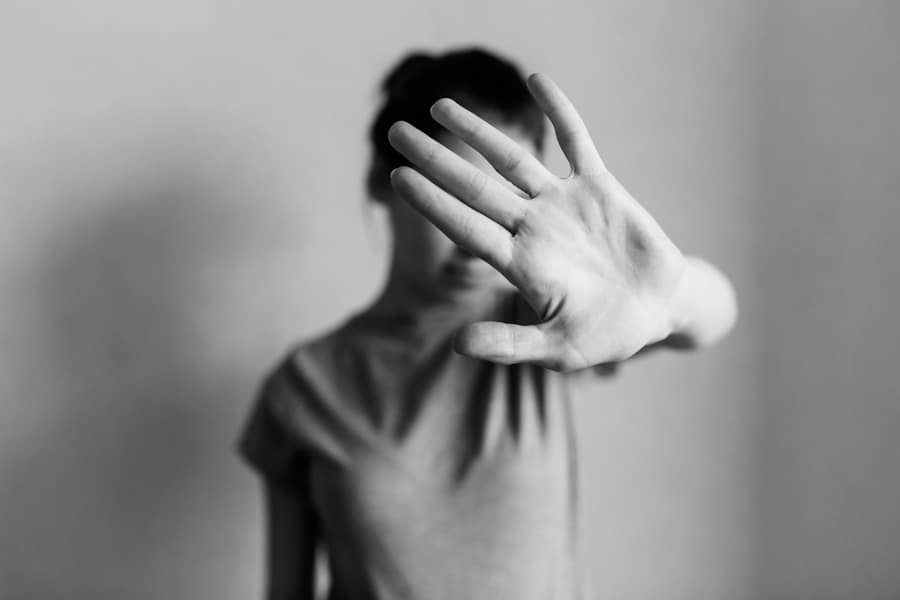A drug or alcohol addiction doesn’t happen overnight. Instead, it is the byproduct of a lengthy and repetitious process of abuse that gradually changes the world of an individual. Overall, an addiction can alter how a person sees a drug and how their body responds to one.
It’s important to grasp the phases of addiction and understand how it correlates with a person’s addiction process. Typically, the same process occurs in cases of addiction, but the duration of the addiction—along with other factors—is different. Today’s blog will map out the seven stages of addiction.
Seven Stages of Addiction
Initiation
The first stage of addiction is initiation. In this stage, a person experiments with a substance or activity, usually out of curiosity. They may try it once or twice, and then move on. Some people, however, become instantly addicted and begin using regularly from the start.
Experimentation
In the experimentation stage, a person begins using a substance or engaging in an activity more frequently. They may start to use it to cope with stressors in their life, such as job loss or relationship problems. It may also become a way to make social situations more enjoyable. As time goes on, the person spends more and more time using the substance or participating in the activity.
Regular Usage
The third stage of addiction is regular use. In this phase, the person begins using the substance or participating in the activity more frequently. They may start to miss work or school, neglect their responsibilities, and engage in risky behaviors. At this stage, the addiction may begin to cause problems in their personal relationships.
The person may also begin to develop tolerance, meaning they need to use more of the substance or participate in the activity more frequently to achieve the desired effect. They may also start to experience withdrawal symptoms when they try to stop using the substance or participating in the activity.
Risky Usage
The risky usage phase is characterized by an intensification of the behaviors exhibited in the early stages of addiction.
During this phase, the addiction may begin to cause problems in the person’s personal relationships. Their loved ones may start to express concern about their behavior. The person may start to lie or keep secrets about their addiction. They may also begin stealing or otherwise engage in criminal activity to get money to support their addiction.
This stage of addiction is marked by a complete loss of control. The person is no longer able to control their use of the substance or participation in the activity, even though they may want to stop. They may continue using or participating despite negative consequences, such as job loss, financial problems, or relationship problems. At this point, the addiction has taken over the person’s life and they may feel hopeless about ever recovering.
Dependence
The fifth stage of addiction is dependency. In this stage, the person is fully addicted and cannot stop using the substance or participating in the activity without experiencing severe withdrawal symptoms. The addiction has taken over their life and caused major problems in their personal relationships, at work, school, and regarding their health. They may continue to use the substance or participate in the activity despite these negative consequences.
Addiction
The sixth stage is addiction. In this stage, the person is completely consumed by their addiction. They have no control over their use of the substance or participation in the activity and it dominates their life. They may continue to use it even when it puts them in danger or causes them legal problems. This is the most severe stage of addiction and can be extremely difficult to recover from.
If you or someone you know is struggling with addiction, it’s important to seek professional help. There are many resources available to those struggling with addiction and recovery is possible. With the right treatment and support, anyone can overcome addiction and live a healthy, happy life.
Crisis/Treatment
This is the final stage of addiction. At this point, the person has hit rock bottom and may be facing serious consequences as a result of their addiction. They may have lost their job, their home, or their family. They may be in legal trouble or have health problems. Treatment is often necessary at this stage to help the person recover from their addiction.
Treatment Options at Casco Bay for Phases of Addiction
Intensive Outpatient Program (IOP)
An intensive outpatient program (IOP) is a type of treatment that allows people to live at home while receiving daily care from a treatment center. IOPs are designed for people who need more structure and support than what is available through traditional outpatient programs, but who do not need the 24-hour care provided by inpatient rehabilitation.
At Casco Bay, our IOP provides clients with individualized treatment plans that address their unique needs. We offer group therapy programs and individual therapy programs, as well as family counseling services and support services.
Outpatient Treatment Program (OP)
Our Outpatient Treatment Program is designed for people who have completed an inpatient treatment program or who do not require the level of care and support offered by our IOP. Our program is designed to help clients develop the skills they need to manage their addiction and build a foundation for long-term recovery.
Partial Hospitalization Program (PHP)
Our Partial Hospitalization Program is designed for people who need more support than an outpatient program can provide, but who do not require the level of care offered by our inpatient program. This program provides clients with individualized treatment plans that address their unique needs. It is designed to assist clients in developing the necessary skills to efficiently manage their addiction and build a solid foundation.
Medication-Assisted Treatment (MAT)
Our Medication-Assisted Treatment Program is designed for people who are struggling with an addiction to opioids—known as an opioid use disorder—or to alcohol. This program combines medication and therapy to help clients manage their addiction and develop the skills they need for long-term recovery. Our ultimate goal is to help our clients achieve and maintain sobriety while in treatment and after.
There is a cycle that occurs when an individual is addicted to opioids. The drug tends to hijack a person’s brain and completely alter how it functions and processes normally. Dopamine “teaches” the brain to continue to seek the drug at the expense of much healthier options.
Overall, the wish to feel the pleasure that opioids brings about or even avoid the negative effects of opioid withdrawal becomes a powerful force to continue abusing opioids. Our team of addiction treatment specialists are immensely driven about helping individuals break free.
Dual Diagnosis Treatment
Our Dual Diagnosis Treatment Program is designed for clients who are struggling with both an addiction and a mental health disorder. This program provides medication, therapy, and support services to help clients manage their addiction and develop the skills they need for long-term recovery.
Addiction is extremely difficult to deal with. When an individual struggles with addiction and a mental health disorder, it only intensifies the burden. However, it is possible to build and learn the necessary coping skills to avoid relapsing.
Sober Living Program
Our Sober Living Program is designed for clients who are ready to transition from treatment back into the community. This program provides support and structure during this essential transition. Clients in this program live in our sober living houses and participate in daily activities that help them develop the skills they need for long-term recovery.
Aftercare Program
Our Aftercare Program is designed for clients who have completed our treatment program and are ready to transition back into the community. This program provides structure and support during this crucial transition. Clients in this program participate in daily activities that help them develop imperative skills needed for long-term sobriety.
Treatment Awaits at Casco Bay for Stages of Addiction

Our programs are designed to meet the unique needs of each individual, and we offer a continuum of care that starts at inpatient treatment and continues on to outpatient care. No matter where you are in your journey, we can help you take the next step toward recovery. We understand that addiction is a chronic illness and our goal is to help patients achieve long-term recovery.
Our treatment programs are designed to address the physical, psychological, and social aspects of addiction. As stated, we offer both inpatient and outpatient treatment options, as well as aftercare services to help patients maintain their sobriety after leaving our program.
No two people are alike and neither are their addiction stories. That’s why we offer a variety of treatment options that are tailored to meet the unique needs of each patient. If you or someone you know is struggling with addiction, we can help. Contact us today to learn more about our treatment programs and how we can help you or your loved one on the road to recovery.






